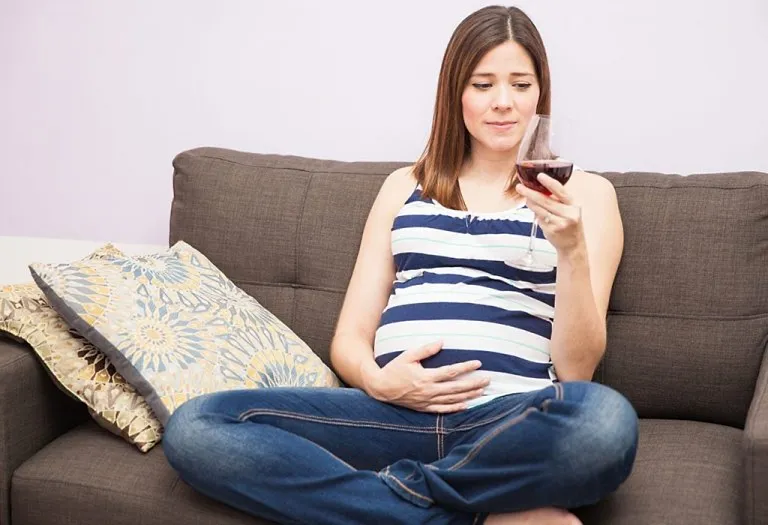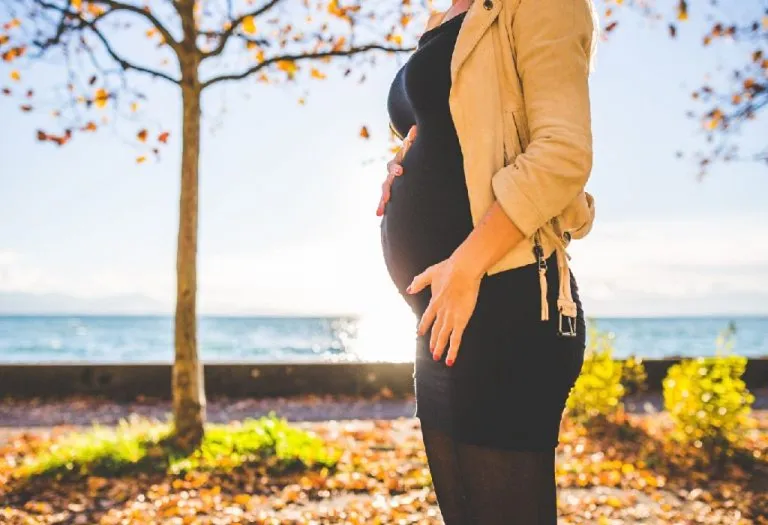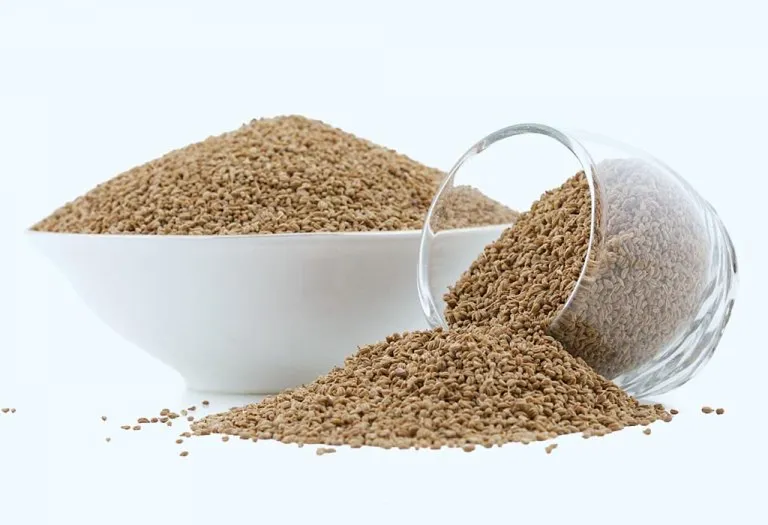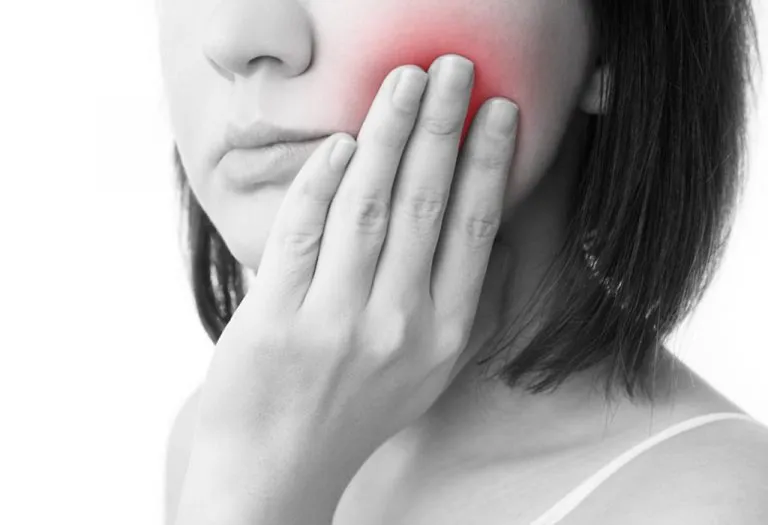Alcohol and Pregnancy: Risks and Considerations
Understanding how alcohol affects pregnancy, its risks, and why avoiding it supports a healthier journey for you and your baby.
Pregnancy is a critical time that demands heightened attention to health and lifestyle choices, as these directly impact the development of the unborn baby. Among the most important considerations is the avoidance of alcohol in pregnancy. The adverse effects of alcohol on foetal development are well known, and pregnant women should stay away from it. It is important to understand how alcohol interacts with the body of a pregnant woman and her child so its use can be restricted or avoided totally during pregnancy. A common question is, ‘Can alcohol affect a pregnancy test?’ and the answer is no, as the test measures the hCG hormone, which alcohol does not influence. Learn all you need to know about drinking alcohol while pregnant, its effects and how to refrain from it throughout your pregnancy.
Is It Safe to Drink Alcohol During Pregnancy?
Alcohol could be called a legal drug, which is also classified as a teratogen. A teratogen is a substance that is known to be harmful to human development; therefore, if you’re asking, “Can I drink any alcohol while pregnant?” No, it is not safe to drink any alcohol when you’re pregnant (1). Conception is quite often a surprise, and it may be several weeks to a month or two before women realise they’re pregnant, and they would have had several drinks during this period. If you’ve unknowingly had alcohol during the first week of pregnancy, there’s no need to worry, as it probably won’t harm the baby. Many women wonder about the risks of drinking during the two-week wait, but it is safest to avoid alcohol entirely from the moment you start trying to conceive. However, drinking alcohol in the first month of pregnancy and continual drinking throughout the pregnancy puts the baby at the greatest risk, particularly during the first trimester (2).
How Much Alcohol Consumption for Pregnant Women Is Too Much?
The problem with drinking during pregnancy is that there is no established lower limit to the amount of alcohol consumption which has been proven to be safe. However, a recent study on 5,628 women published in the journal Obstetrics and Gynaecology by Dr Fergus McCarthy and his associates from England, Ireland, New Zealand and Australia has shown that small amounts of alcohol in early pregnancy may not put the mother and baby at risk as much as previously thought. The participants in the study ranged from having three to seven drinks per week to more than seven drinks per week, with “a drink” being defined as a glass of wine or less than 355 ml of beer. Therefore, occasional alcohol during pregnancy in the form of a drink may be okay, but since the amount that can cause harm is unknown, it’s best for pregnant women to abstain from alcohol.
What Effects Alcohol Can Have on Mother and Baby
So what happens if you drink alcohol while pregnant? Women have a lowered first-pass metabolism of alcohol, which makes more of it enter their bloodstream and pass through the placenta and into the baby. The effects on women include:
- Precipitation of preterm labour
- Decreased production of breast milk
- Risk of spontaneous abortion of the foetus goes up fourfold in the first trimester
What are the effects of drinking alcohol while pregnant? Alcohol remains in the body of the foetus for longer as they do not process it in the same way as adults do. The alcohol in the foetus’s system prevents enough nutrients and oxygen from getting to the developing vital organs and causes Foetal Alcohol Spectrum Disorders or FASDs. An umbrella term for a range of disorders, FASD includes foetal alcohol syndrome (FAS), alcohol related birth-defects, neurodevelopment disorders and neurobehavioural disorders. Some of the most common characteristics of FASDs in children are (3):
- Abnormal facial features
- Small head size and shorter than average height
- Hyperactive behaviour and poor coordination
- Learning disabilities, speech and language delays
- Lowered IQ, poor judgment, and reasoning skills
If one still wonders if drinking alcohol will affect pregnancy after the first trimester? Yes, it does. There is no safe time during pregnancy to drink alcohol, even as they approach the end of the third trimester, as the baby’s brain develops throughout the pregnancy. While drinking in the first trimester gives rise to abnormal facial features, drinking through the rest of the pregnancy gives rise to growth and central nervous system problems (4).
A new study conducted by Kelly Huffman, a psychology professor at the University of California, Riverside, shows that the effects of FASDs can be transgenerational. The experiments conducted on laboratory mice showed that the exposed offspring displayed atypical gene expression and abnormal development, which was carried over to the next generation of non-exposed offspring. Therefore, not only is the unborn child of the drinking mother at risk, but the future generations of the offspring can be affected by the prenatal ethanol exposure (PrEE).
Can I Drink Non-Alcoholic Beer and Wine While Pregnant?
The term non-alcoholic can be misleading in drinks such as wine and beer. These drinks do contain small amounts of alcohol that are typically half a per cent or so, while the regular alcoholic drinks contain more than 5- 8% alcohol (5). When non alcoholic beer during pregnancy is consumed in higher volumes, the smaller percentages in these drinks can accumulate and hence any form of heavy drinking of even a non-alcoholic drink should be avoided if you intend to totally abstain from alcohol. Drinks labelled alcohol-free are relatively safer and do not contain any alcohol.
How Can I Avoid Drinking During Pregnancy?
Women who drink habitually must stop drinking if they plan to get pregnant or realise that they are pregnant. The habit may take time to get rid of and can be done with some strategy and determination. Here are a few tips to do just that:
- Make a plan on how you can reduce drinking incrementally and set limits
- Set a budget for alcohol spending
- Get support from family and friends by letting them know of your decision
- Make each drink smaller every time you go drinking
- Cut down on the strength of the drink and have beer or wine with lower alcohol content.
- Plan on having several drink-free days every week
What Can I Drink Instead of Alcohol in Pregnancy?
Just because you have cut down completely on alcohol doesn’t mean you’ll have to miss out on your favourite drinks. Most of the cocktails that you enjoy can still be made non-alcoholic as a mocktail. If you’re at a party and everybody around you is having champagne, you can drink apple or grapefruit juice in a champagne glass to blend in. Then there are always healthy non-carbonated soft drinks and milkshakes that you can have (6).
I am Unable to Stop Drinking Alcohol. What Can I Do?
Inability to stop consuming alcohol is a sign of dependence towards the substance. It is characterised by craving alcohol regularly, needing alcohol to cope with life in general and drinking in isolation. When you are pregnant, this is a dangerous condition that must be addressed immediately. Discussing it with your health care provider and subsequent rehabilitation must be sought at the earliest (7).
FAQs
1. Does alcohol consumption during breastfeeding affect the baby?
Yes, alcohol can pass into breast milk and affect the baby’s feeding, sleep, and development. It’s best to avoid alcohol while breastfeeding or wait at least 2-3 hours per drink before nursing (8).
2. Why is alcohol more harmful to the baby than the mother?
The baby’s liver is not fully developed and cannot process alcohol like an adult’s liver. This results in higher concentrations of alcohol in the baby’s bloodstream, causing more significant harm to their developing organs.
3. What about alcohol used in cooking?
Most alcohol evaporates during cooking, leaving minimal trace amounts. The quantity in a finished dish, like pasta sauce or a flambé, is generally considered negligible and safe. Avoid dishes where alcohol is a primary, uncooked ingredient.
This was all about alcohol intake during pregnancy. Alcohol and pregnancy are an incompatible combination, as alcohol consumption during pregnancy can lead to severe and irreversible harm to the developing baby, so it’s safest to avoid it completely. Every effort made to avoid alcohol is an investment in the lifelong health and well-being of both mother and baby.
Also Read:
Drinking Wine While Pregnant
Toxic Chemicals You Must Avoid when Pregnant
Healthy and Refreshing Drinks to have while Pregnant
Drinks & Beverages You Should Avoid During Pregnancy
Was This Article Helpful?
Parenting is a huge responsibility, for you as a caregiver, but also for us as a parenting content platform. We understand that and take our responsibility of creating credible content seriously. FirstCry Parenting articles are written and published only after extensive research using factually sound references to deliver quality content that is accurate, validated by experts, and completely reliable. To understand how we go about creating content that is credible, read our editorial policy here.



































